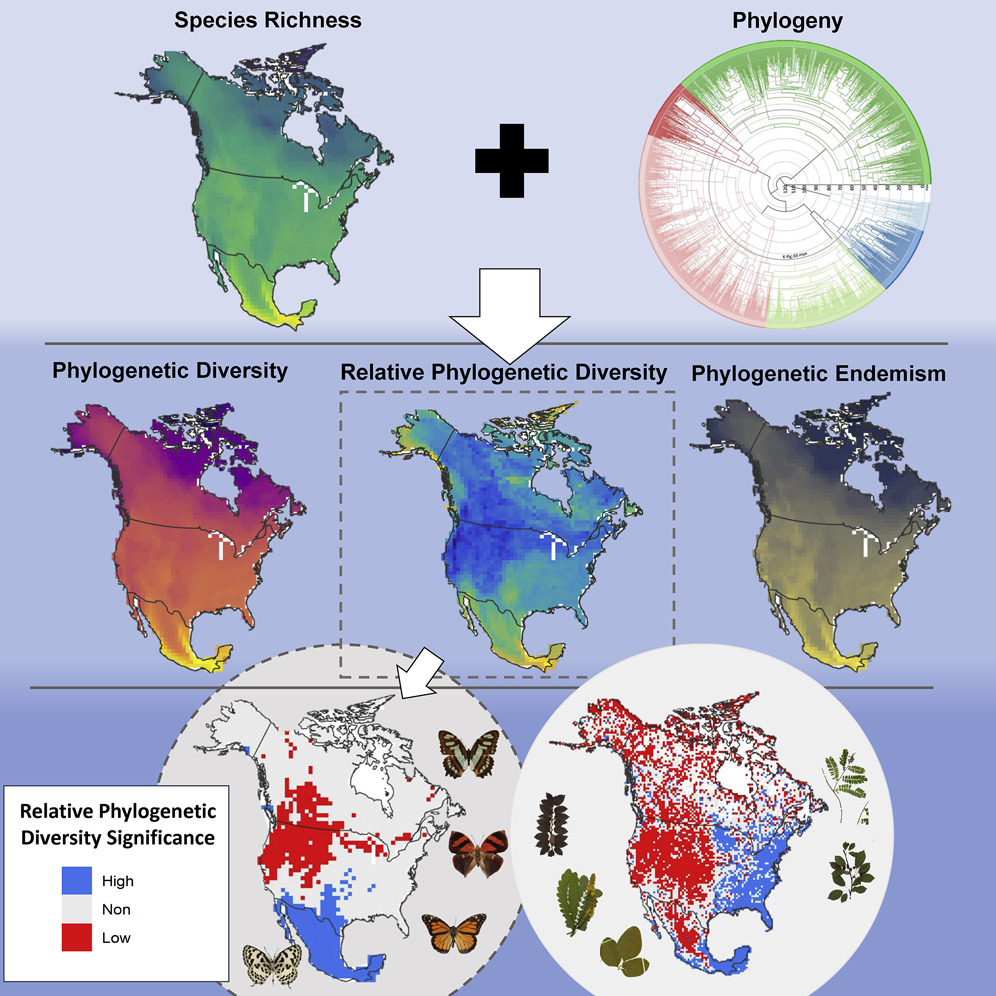This Comment, written by two Black emergency room physicians, supports SDGs 3 and 10 by highlighting low vaccination rates for COVID-19 among Black Americans. The authors explain the historical context that has led to mistrust of the health-care system among many in the Black community and present COVID-19 vaccination as an opportunity to begin to make amends.
This paper supports SDG 3 and 10 by highlighting that stress, anxiety, depression, work overload, and burnout rates were higher among health-care workers of minority ethnic origin (Black and Latinx) in the USA during the COVID-19 pandemic than among their White counterparts. These findings demonstrate an urgent need to address these factors through structural reforms in order to better support overworked and undervalued health-care workers.
This study supports SDGs 3 and 10 by evaluating whether residential racial segregations in the USA could restrict the capacity for social distancing, leaving African Americans potentially more exposed to COVID-19.
The aim of the March Kennesaw State University College of Computing and Software Engineering Hackathon event, was to demonstrate to students how big data analytics may be used for social good to solve problems in society that make a real difference in people's lives. HPCC Systems provided students with the opportunity to learn more about The ADAM Program and take a look at missing children trends.
Study of sex and racial disparities.
This Comment supports SDGs 3 and 10 by highlighting inequities in palliative care between racial groups, including differences in the use of palliative care services, symptom control, and the documentation and implementation of people's end of life wishes.
This Article supprts SDGs 3 and 10 by assessing the performance of four severity scoring systems used for case-mix determination and benchmarking in intensive care units to identify possible ethnicity-based bias. The study found systemic differences in calibration across ethnicities.
In this work, the authors take on a broad-scale quantitative assessment of butterfly biodiversity. They find with some examples of North American butterflies that shared biogeographic histories and trophic associations do not necessarily assure similar diversity outcomes.
A Commentary on the Healthy People 2030 roadmap, in the context of SDGs 3 and 10, focusing specifically on the potential of this initiative in addressing upstream determinants of health to achieve health equity across the USA.
Women now comprise half of medical students in Canada yet continue to be underrepresented in general radiology and its subspecialties. The underrepresentation of women in interventional radiology is even more profound. The literature has suggested various factors that might contribute to this gender disparity, including a lack of role models and mentors, exposure during early medical training, and decisions regarding work-life balance.

